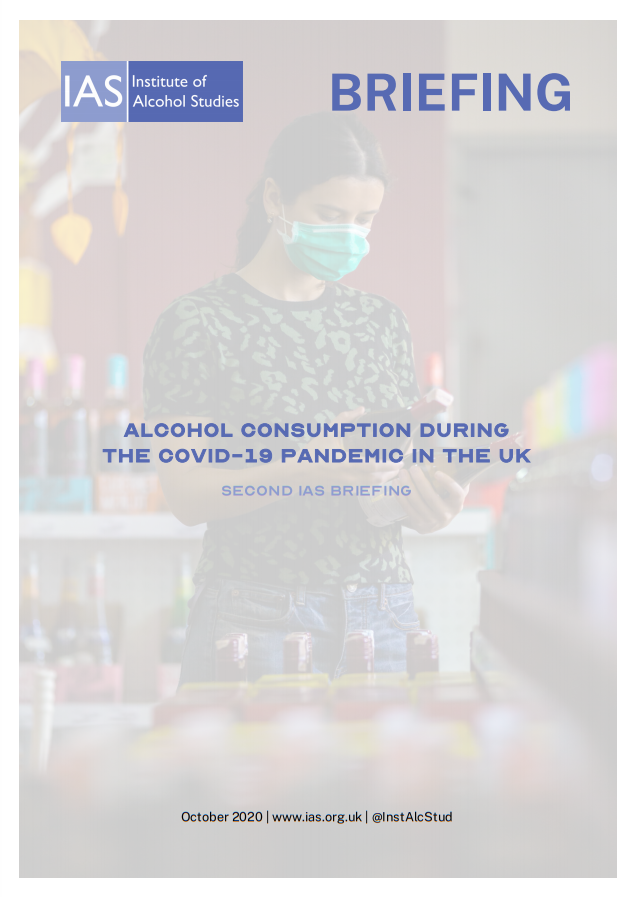The briefing summarizes the main survey reports on alcohol consumption, as well as wider evidence on changes in alcohol consumption and harm in the UK.
The following key points are highlighted in the briefing:
- There has been a rise in the proportion of people going alcohol-free as well as in heavy alcohol users. Similar proportions of people are consuming more alcohol as well as less alcohol than before the pandemic.
- Sales data report a modest decline in sales of alcohol of 2.4%.
- The slight decrease in sales is hiding the much larger problem that heavy alcohol users are consuming even more alcohol.
- Treatment and support services for alcohol use problems have been accessed less during the pandemic. At times because people did not have access to digital platforms.
- Reports suggest relaxation of alcohol policy regulations on availability which are supposed to be temporary have become permanent due to alcohol industry lobbying. Such activities could hinder public health policy and interventions to prevent and reduce alcohol harm in the long-term.
- The alcohol industry has used the pandemic to link frontline healthcare workers to their brands via corporate social responsibility (CSR) projects.
- Another CSR activity that has helped the alcohol industry to signal virtue, promote their brand image and pursue business – not altruistic goals – was and is the production of hand sanitizer.
- The reduced utilization of alcohol services could mean longer term persisting alcohol harm.
Along with action on other non-communicable diseases under the agenda to ‘build back better’, tackling alcohol harms must be an essential part of the UK’s COVID-19 recovery plan.
Previously, Movendi International reported how the COVID-19 pandemic has brought Britain’s alcohol problem into sharp focus. Considering the harm to British people the Commission on Alcohol Harm has called for scientific, evidence-based alcohol policy solutions such as taxation and minimum unit price (MUP) recommended by the World Health Organization (WHO) to curb the growing alcohol burden. Meanwhile, the Royal College of Psychiatrists has called for urgent investments in services for people with alcohol and other drug use problems.
For further reading
- For more information on COVID-19 and alcohol, Alcohol Change UK has a Corona virus information and advice hub.
- A regularly updated page from the SSA links to information about COVID-19 (coronavirus) including national guidance, information for treatment services, harm reduction advice for people who use drugs, online courses and news and opinion.
